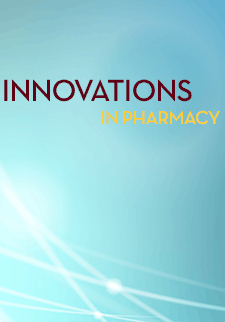Evaluation of Hospital-Based Acute Care Utilization by Uninsured Patients Enrolled in Free or Low-Cost Pharmacy Programs
Jessica Stickel
University of North Carolina Eshelman School of Pharmacy
Jennifer Kim
University of North Carolina
DOI: https://doi.org/10.24926/iip.v12i4.3998
Keywords: uninsured, indigent care, hospital admissions, medication access, clinic-embedded pharmacist or primary care pharmacist
Abstract
Background: Research is warranted to define the role of affordable pharmacy programs in optimizing healthcare utilization for uninsured patients.
Methods: This was a pre-post study including uninsured patients from an internal medicine residency clinic who enrolled in free or low-cost pharmacy programs with clinical pharmacist support.
Results: In the period following program enrollment (N=116), there was a mean decrease of 0.23 acute care encounters (hospitalizations and emergency department [ED] visits) per patient (p=0.0210, 95% CI 0.04-0.43). The mean decrease for hospitalizations was also statistically significant (0.17, p=0.0052, 95% CI 0.05-0.28), but the mean decrease for ED visits was not (0.06, p=0.3771, 95% CI -0.08-0.21). Using the national average hospitalization cost of $10,700, the decrease in hospitalizations represents an estimated savings of $246,100.
Conclusions: Enrollment in affordable pharmacy programs was found to be associated with decreased acute care encounters.



